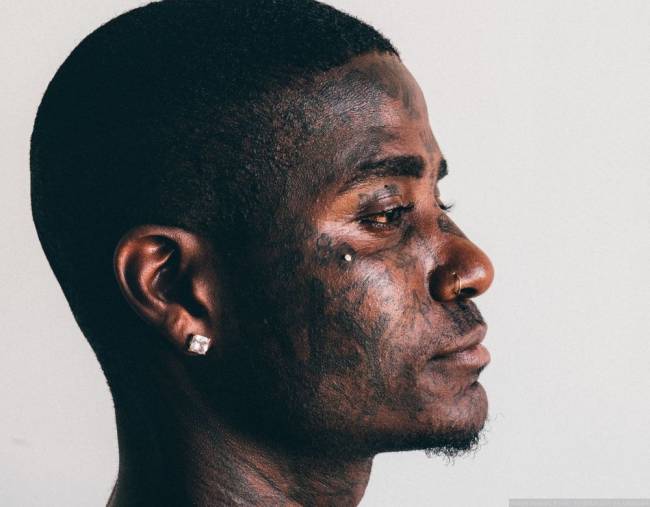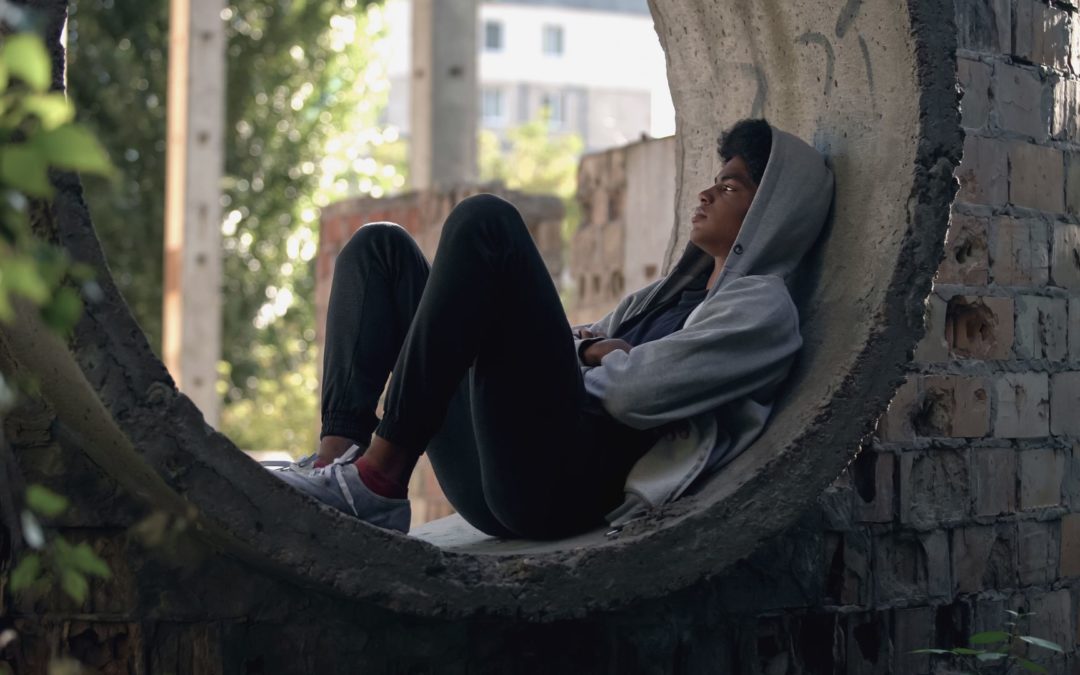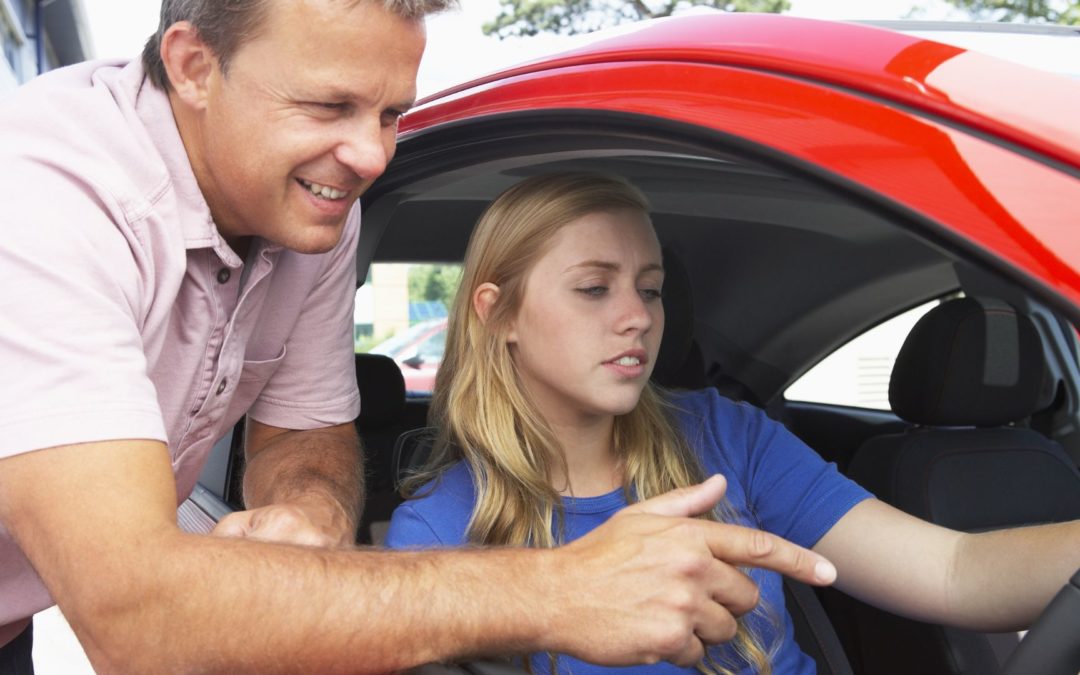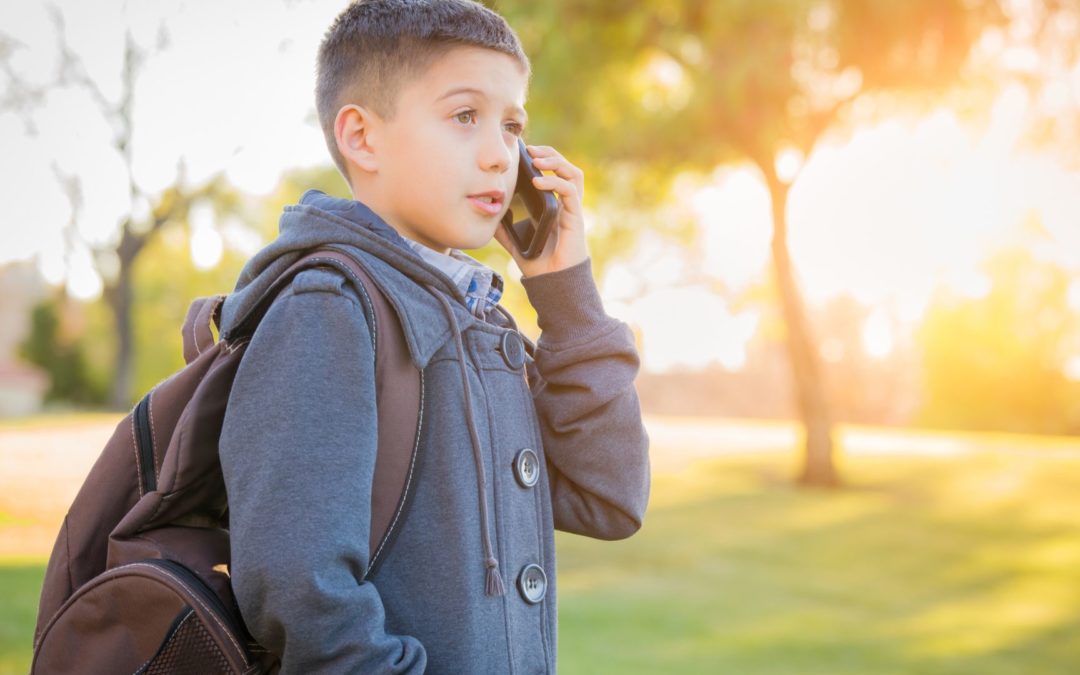Like most dads, you’re probably proud of how closely involved you are in your children’s lives. But how do UK dads compare with others around the world in this way? Are we more or less involved than Swedish dads, say, or Italians? DAD.Info takes a look at the research…

The idea of what it means to be a dad has changed dramatically since our fathers’ day. Dads are now expected to take a much more hands-on role, changing nappies, reading stories, and attending PTA meetings. Unlike our dads, we are expected to be involved in every aspect of our kids’ lives.
But what does involved really mean? And how do UK dads measure up to those in Europe and around the world? We reviewed the research and talked to one of the UK’s leading experts on fatherhood to find some answers.
What ‘involved’ means
Researchers on fatherhood break involvement down into three areas:
1. engagement, which means direct interaction between father and child.
2. availability, which means the dad isn’t engaged but he is available – for example, the child is watching TV while the dad cooks.
3. responsibility, which means the degree to which the dad takes responsibility for things like the child’s health, education, clothes, and so on.
Adrienne Burgess, author of Fatherhood Reclaimed: The Making of the Modern Father, stresses that the first of these, engagement, has changed in the most significant way:
“The direct engagement of fathers with their kids has been changing really dramatically over the last 30 years. That’s not about being the breadwinner – it’s things like nappy changing, feeding them or taking them with you to the park or supermarket.”
How UK dads measure up
One reason that dads are so much more involved with their children is that both parents now take a far more hands-on approach to childcare. Adrienne stresses that children used to be much less supervised – they would play in the street after school and at weekends, and walk to the local primary school alone from a young age.
Both parents now spend far more time playing with and looking after their children than they did a few decades ago.
Another big factor is the way families work in different countries, as Adrienne explains. “Swedish fathers are Europe’s most involved dads, partly because they have more paternal leave than in any other country.”
“But it’s also because Northern European fathers, like those in Britain, are very involved because we don’t have big extended families here. In Southern European countries like Spain and Greece the mothers, grandmothers, sisters and aunts do a lot of the childcare.”
Research shows that there has been a dramatic increase in the level of paternal involvement across the globe.
- In the US, married fathers more than doubled their time spent exclusively on childcare activities from 2.6 hours per week in 1965 to 6.5 hours in 2000.
- Australian fathers’ care of children has also risen dramatically, especially the time spent in sole charge of children at home.
- British fathers’ care of infants and young children rose by 800 per cent between 1975 and 1997, from 15 minutes to two hours on an average working day.
- In the UK, fathers in two-parent families do an average of 25 per cent of the childcare-related activities during the week and 30% at weekends.
- And the pace of change is increasing. Between 2002 and 2005, the percent of new fathers in the UK working flexi-time to spend more time with their babies rose from 11 per cent to 31 per cent.
The Aka Pygmies

Although the level of father involvement has increased dramatically throughout the world, we still lag way behind one particular group of dads – the Aka Pygmies, who live in a tropical forest in the African Congo.
These guys are the world champions of paternal involvement – Aka fathers look after their babies more than fathers in any other known society. On average, they hold, or are in close proximity to, their infants 47 per cent of the time.
These dads are believed to pick up, cuddle and play with their babies at least five times as often as fathers in other societies.
The Aka even keep their babies close when they’re drinking palm wine – their equivalent of nipping down to the pub. And at night they are often the ones to settle them. They clean and change their infants and, if the mothers aren’t around, will even offer their nipples for a soothing suck.
One reason for this unusually tight bond is the intimate relationship between husband and wife. Throughout the day couples hunt, prepare food and socialise together. The more time the parents spend together, the closer dads are to their babies.
The exemplary behaviour of these dads has been reported by Barry Hewlett, an American anthropologist who carried out a 15-year study of the tribe. Hewlett says the more caretaking an Aka father does, the more he wants to do. He also claims that, unlike Western dads, the Aka don’t say they prefer toddlers or older children.
The Aka, are an inspiration to us all.






